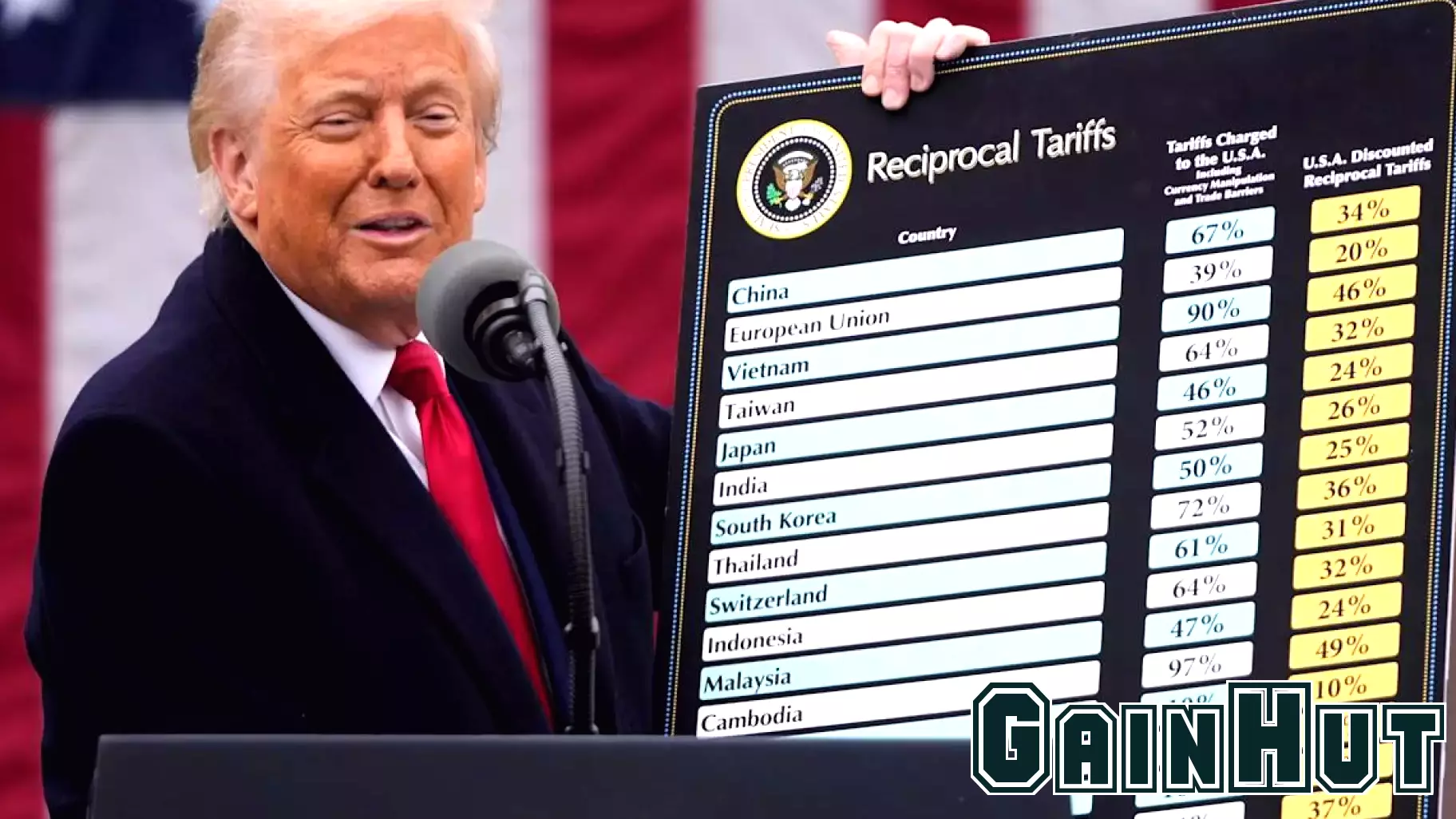April 9, 2025 - 17:02

In a significant move, former President Donald Trump has raised tariffs on Chinese imports to an unprecedented 125%. This bold decision comes amid ongoing trade tensions between the United States and China, as both nations continue to navigate complex economic relationships. The increase in tariffs is expected to impact a wide range of goods, further straining the already delicate trade dynamics.
In a surprising twist, Trump has also announced a pause on implementing "reciprocal" tariffs on other countries, signaling a potential shift in his administration's approach to international trade. This decision could open the door for negotiations with other nations and may alter the landscape of U.S. trade policy moving forward.
Economists and trade experts are closely monitoring these developments, as the implications of such drastic tariff changes could reverberate through global markets. Businesses that rely on imports from China may face increased costs, which could ultimately be passed on to consumers. As the situation unfolds, stakeholders across various sectors are bracing for potential challenges and opportunities in the evolving trade environment.



